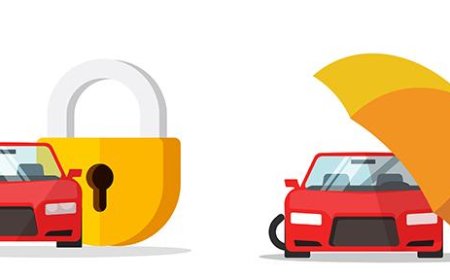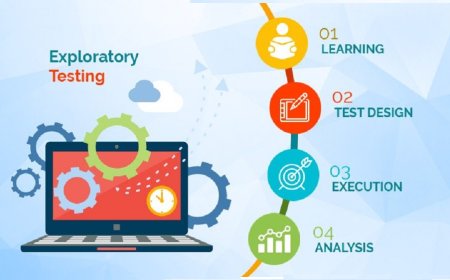Full Body Checkup Checklist: Tests & Tips

Afull body checkup is a comprehensive evaluation of your overall health. It involves a series of tests that help detect any underlying health issues before they become severe. In today's fast-paced world, preventive healthcare is more important than ever, and getting a full body checkup annually can play a crucial role in maintaining a healthy lifestyle.
Why a Full Body Checkup Matters
The primary goal of a full body checkup is early diagnosis and prevention. Many health conditions, such as diabetes, hypertension, liver dysfunction, or high cholesterol, show little to no symptoms in the early stages. By undergoing a full body checkup, you can identify these risks early and take corrective actions through medication, diet, or lifestyle changes.
A routine full body checkup is especially recommended for individuals above the age of 30, those with a family history of chronic illness, or people experiencing frequent stress, lack of physical activity, and poor dietary habits.
Essential Tests in a Full Body Checkup
A standard full body checkup includes a variety of blood, urine, and imaging tests. Heres a checklist of the common components you should ensure are part of your health evaluation:
-
Complete Blood Count (CBC)
This test provides information about your blood cells and can help detect conditions like anemia, infections, or blood disorders. -
Lipid Profile
Measures cholesterol and triglyceride levels to evaluate the risk of heart disease. -
Blood Sugar Tests (Fasting & Postprandial)
Used to screen for diabetes or pre-diabetes. -
Liver Function Test (LFT)
Assesses the health of your liver by measuring enzymes, proteins, and bilirubin levels. -
Kidney Function Test (KFT)
Checks how well your kidneys are filtering waste from your blood. -
Thyroid Function Test
Evaluates thyroid hormone levels and helps diagnose thyroid disorders such as hypothyroidism or hyperthyroidism. -
Vitamin D and Vitamin B12
Deficiencies in these vitamins are common and can affect bone health, immunity, and energy levels. -
Urine Routine Examination
Helps detect urinary tract infections, kidney diseases, or diabetes. -
Electrocardiogram (ECG)
Records the electrical activity of your heart to detect any abnormalities in rhythm or structure. -
Chest X-Ray and Ultrasound Abdomen
These imaging tests provide insights into internal organs and help detect any anatomical irregularities.
Including all these tests in your full body checkup ensures a 360-degree view of your current health status.
Tips for a Successful Full Body Checkup
Getting the most out of your full body checkup requires a bit of preparation and awareness. Here are some tips to keep in mind:
-
Fasting is Essential: For accurate blood sugar and lipid profile results, youll usually need to fast for 810 hours before sample collection.
-
Inform the Lab About Medications: Let your healthcare provider or technician know if youre on any regular medication as it might influence test results.
-
Avoid Alcohol and Caffeine: Refrain from alcohol or caffeine 24 hours before your full body checkup, especially if liver tests are part of the package.
-
Wear Comfortable Clothing: For tests that involve movement or imaging like ECG or X-ray, easy-to-remove clothing helps.
-
Get Adequate Sleep: Sleep deprivation can alter certain test results, especially those related to stress hormones and blood pressure.
-
Schedule It Annually: Make your full body checkup a yearly ritual. Its a small effort with massive long-term benefits for your health.
How to Choose the Right Health Package
Not all full body checkup packages are the same. Some offer basic screenings, while others are more detailed and include additional tests such as hormone panels, cancer markers, or cardiac stress testing. Choose a package based on:
-
Your age and gender
-
Personal and family medical history
-
Existing health conditions
-
Lifestyle habits like smoking, alcohol consumption, and activity levels
Always consult a doctor before and after your full body checkup to ensure you understand the implications of your results and to plan any required follow-up.
Final Thoughts
A full body checkup is more than just a set of lab testsit's a proactive step toward better health. In an era where lifestyle-related diseases are on the rise, early detection through regular full body checkup appointments can significantly reduce long-term medical costs and complications. By understanding the checklist and preparing properly, you empower yourself to make informed choices and prioritize your well-being.
Make your health a priority. Start by scheduling a full body checkup today and stay ahead of potential health risks.
































